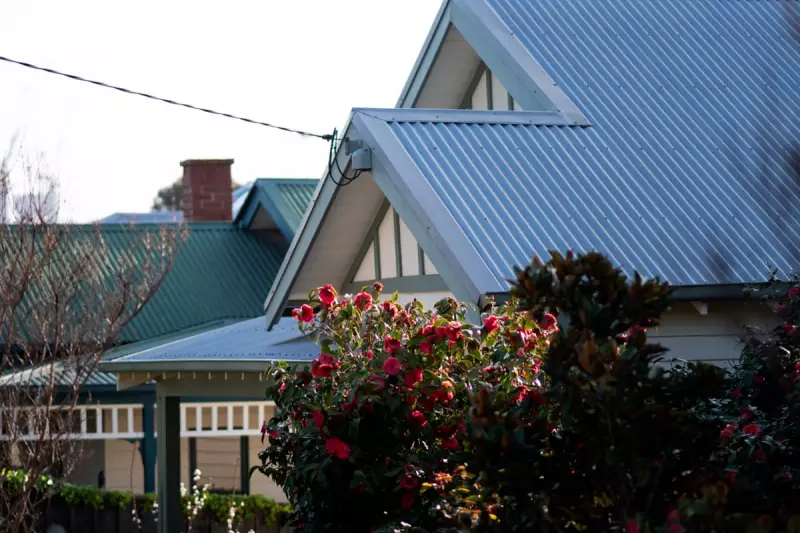
A contentious proposal to tax the family home in Australia has sparked fierce debate among economists, policymakers, and homeowners. The idea, which aims to address housing affordability and wealth inequality, has divided opinions across the nation.
The Case for Taxation
Proponents argue that taxing high-value family homes could help rebalance the housing market and generate much-needed revenue for public services. "The current system unfairly benefits wealthy homeowners while younger generations struggle to enter the market," explains one leading economist.
Opposition and Concerns
Critics warn that such a tax would disproportionately affect middle-class families and retirees. "For many Australians, their home represents their life savings and financial security," says a spokesperson for homeowners' rights groups.
Potential Impacts:
- Could cool overheated property markets in major cities
- Might force some retirees to sell their homes
- Could redistribute wealth but may be politically unpopular
The Political Landscape
With elections looming, both major parties are carefully navigating this sensitive issue. Some backbenchers have called for a national conversation about housing equity, while others warn of electoral backlash.
As the debate continues, many Australians are left wondering whether taxing the family home is a fair solution to the country's housing crisis or an unfair burden on ordinary citizens.





